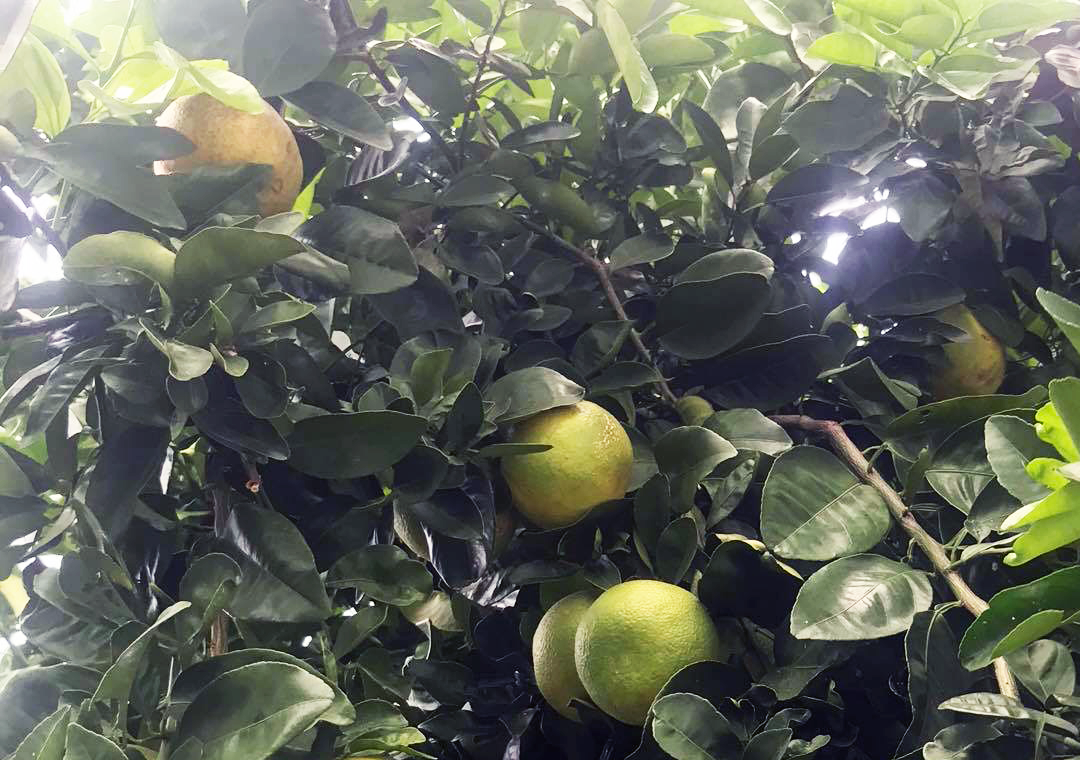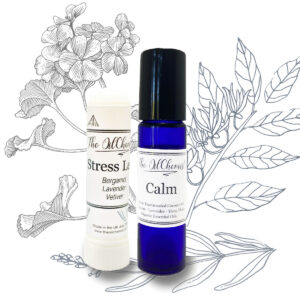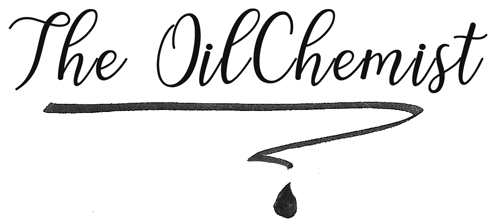
Bergamot (Citrus Bergamia) grows up to 15 feet in height. The tree has oval-shaped smooth leaves. The bergamot orange fruit changes from green to yellow as it ripens, and looks like small oranges.
This tropical tree is native to Asia and widely cultivated in southern Italy and the Ivory Coast. The name comes from Bergamo, an Italian city located in Lombardy region.
The oil is obtained through cold expression and has approximately 300 known chemical constituents. The main chemical found in bergamot essential oil is linalyl acetate, which comprises about 30-60 percent of the total.
One of the constituents in bergamot, bergapten, is a highly phototoxic psoralen (furocoumarin). This can cause issues when used on the skin, causing sensitization and pigmentation when exposed to sunlight and UV rays.
The reactions to UVA rays on the skin caused by bergapten is known as berloque dermatitis. It can occur even when diluted and after a length of time.
Because of this issue, it is wise to seek out a rectified, bergapten-free version of the oil to avoid the photo toxicity danger if you are using topically.
Luckily for us Bergamot inhaled via diffuser or in a personal inhaler, “Stress Less“, is wonderful and so effective for situational anxiety, PTSD and stress situations. The link at the bottom of this article is just one great study I have included about the effectiveness of Bergamot when inhaled prior to operations.
Benefits and uses
The tart, green rinds of Citrus bergamia fruits create a sweet, lemony, herbaceous essential oil. In addition to helping ease muscle spasms, bergamot essential oil is also highly desired when looking to lift a cloud of depression, reduce pain and inflammation, or minimize uninvited bacterial or fungal activity.
Emotionally and energetically, bergamot essential oil is deeply relaxing, restorative, and calming. It immediately upon inhalation restores feelings of safety and well being. This essential oil is incredibly uplifting and can help diffuse feelings of anger or frustration too. Bergamot when blended with lavender or ylang ylang or both, is one of the best oils when looking to support a good night’s rest and/or help manage situational anxiety naturally. It was with this in mind that I created “Stress Less” an inhaler of Bergamot, Lavender and Vetiver.

In clinical research, including clinical studies conducted by our team here at the Franklin Health Research Foundation, bergamot essential oil has been shown to be beneficial for stress and anxiety, specifically short-term or situational anxiety where immediate effects are needed (Hawkins, 2017)
I have included the link below:
“Bergamot Essential Oil for Anxiety: A Meta-Analysis“ https://www.franklinhealthresearch.org/bergamot-aromatherapy-anxiety
As always, care must also be taken to purchase bergamot oil from a reputable distributor. This oil is often adulterated with bergamot mint (Mentha citrata), sweet orange (Citrus sinensis), other inferior citrus oils, and various natural or synthetic chemicals.

[…] and eucalyptus essential oils to keep the immune system in optimal health. I have written about Bergamot and Eucalyptus at length in my earlier […]